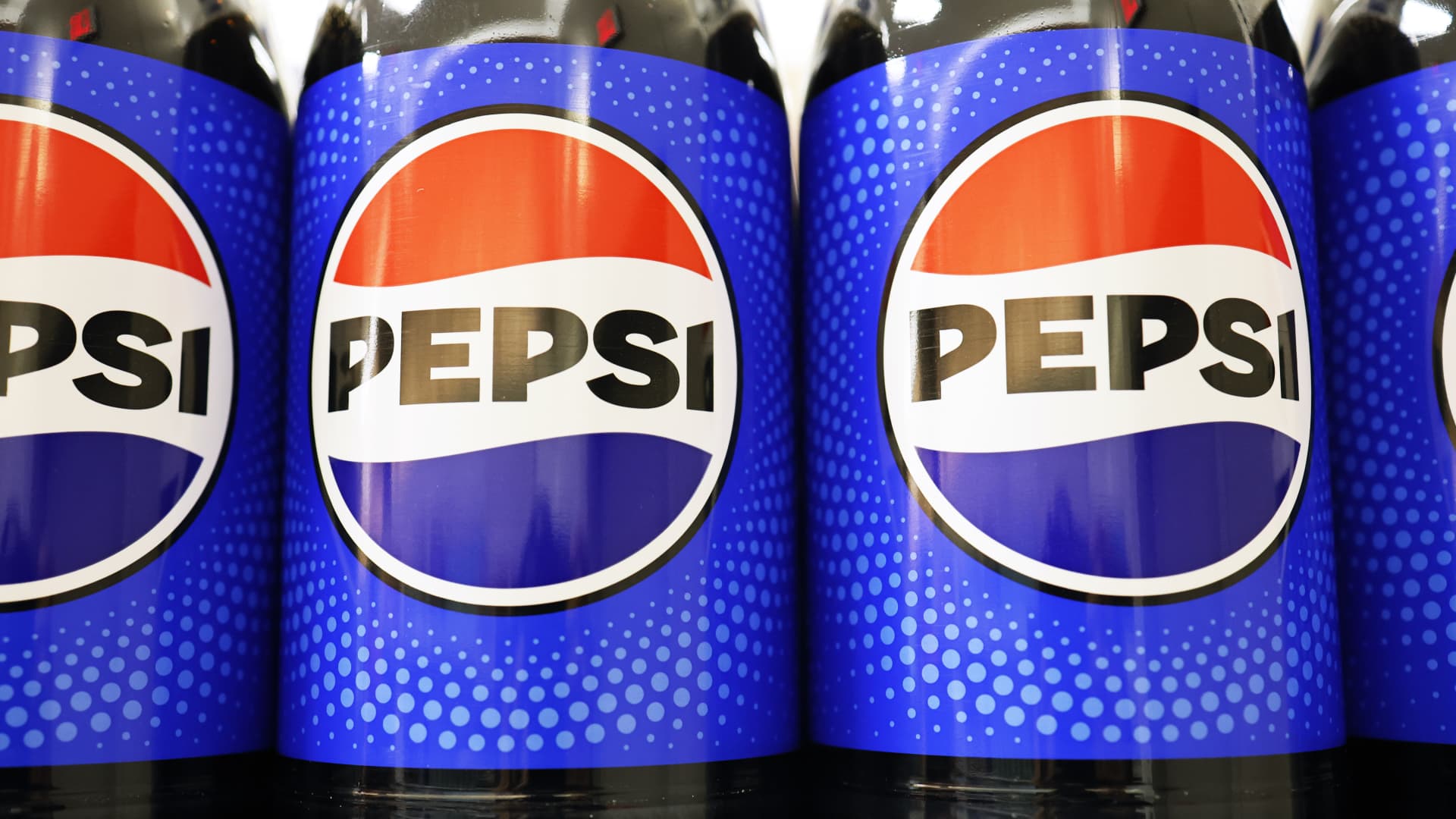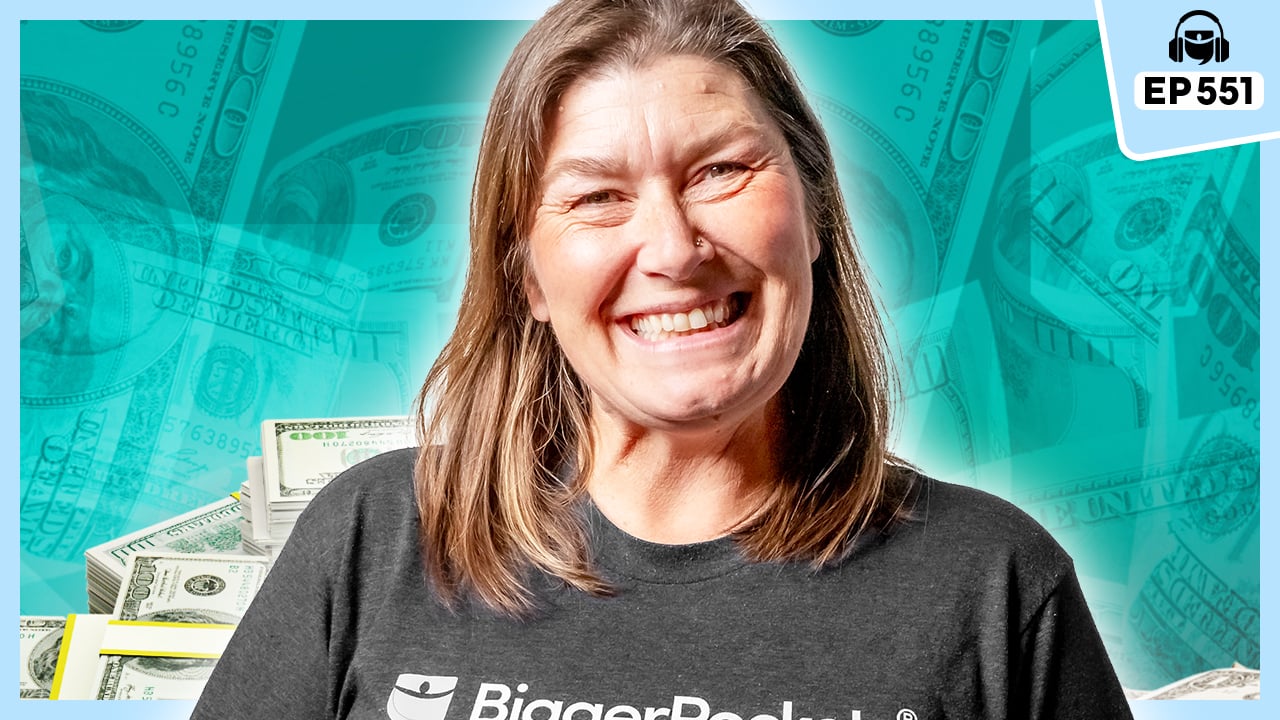Receive free World updates
We’ll send you a myFT Daily Digest email rounding up the latest World news every morning.
A Financial Times analysis has shown that Europe’s biggest companies suffered at least €100bn in direct losses from their operations in Russia since President Vladimir Putin’s full-scale invasion of Ukraine last year.
A survey of 600 European groups’ annual reports and 2023 financial statements shows 176 companies have recorded asset impairments, foreign exchange-related charges and other one-off expenses as a result of the sale, closure or reduction of Russian businesses.
The aggregate figure does not include the war’s indirect macroeconomic impacts such as higher energy and commodities costs. The war has also delivered a profit boost for oil and gas groups and defence companies.
Moscow’s decision to seize control of the Russian businesses of gas importers Fortum and Uniper in April, followed by the expropriation of Danone and Carlsberg last month, suggests more pain lies ahead, according to analysts.
More than half of the 1,871 European-owned entities in Russia before the war are still operating in the country, according to data compiled by the Kyiv School of Economics. They include Italy’s UniCredit, Austria’s Raiffeisen, Switzerland’s Nestlé and the UK’s Unilever.
Here’s what else I’m keeping tabs on today:
-
Economic data: Germany publishes June industrial production figures, and Halifax has its house price index for the UK.
-
Bank of England: Chief economist Huw Pill takes questions on the cost of living crisis and Britain’s economic conditions in a virtual session.
-
Companies: Clarksons, PageGroup and Saudi Aramco report first-half results. Dan Olley takes over from Chris Hill as chief of Hargreaves Lansdown.
Five more top stories
1. Brussels will press Beijing to reduce barriers to European exports at a high-level meeting in September after the EU’s trade deficit with China hit almost €400bn last year. The “staggering” deficit, which has doubled in two years, underscores the need for Asia’s biggest economy to open its markets, the bloc’s trade commissioner said. Read the FT’s full interview with Valdis Dombrovskis.
2. Investors are being wooed with sweeteners from private equity groups such as CVC Capital Partners, Ardian, TPG and Cinven, who have all offered either fee discounts or larger amounts of co-investment in recent months. Some firms are even offering pension plans and sovereign wealth funds a slice of the management fee that usually goes to the fund manager in a sign that the industry is facing its toughest-ever fundraising environment.
3. The deepening crisis at the UK’s NHS presents “business opportunities”, the chief executive of France’s Axa said, as the insurer seeks to expand its telemedicine business. The company is a leading private medical insurer in the UK, and as the NHS comes under strain from capacity challenges, private companies have made inroads. Read more from the FT’s interview with Thomas Buberl.
4. The financial sector is pushing the Bank of England to delay the UK’s adoption of new global banking capital rules by six months to avoid a period of regulatory divergence that would affect the City’s ability to compete with Wall Street. Last month, the US had surprised other major financial centres by announcing a June 2025 implementation. Here’s more on the concerns over the so-called Basel IV measures.
5. US government scientists have achieved net energy gain in a fusion reaction for the second time in an experiment that produced a higher energy output, fuelling optimism that progress is being made towards the dream of limitless, zero-carbon power. Read more about the achievement by researchers in California.
The Big Read
Corals are dying in waters near Florida and the Caribbean. With far less ice forming in the seas around Antarctica, marine biologists now worry about fisheries in parts of the north Atlantic as average global sea surface temperatures hit all-time highs. While scientists blame marine heating on human activities pumping greenhouse gases into the atmosphere, the reasons why it is speeding up now are far from clear.
We’re also reading . . .
Chart of the day
Rising US fuel prices are triggering alarm in Washington. The surge in petrol costs to a nine-month high follows a 20 per cent jump in global crude prices this summer, after Saudi Arabia and Russia slashed supply. The move has revived predictions of $100 a barrel oil this year — and new worries about the political fallout.

Take a break from the news
Talking Heads frontman David Byrne is back in the spotlight with a disco musical about Imelda Marcos, the former first lady of the Philippines. How did he come up with that?
And listen to Byrne talk about how he makes creative choices on the FT Weekend podcast.

Additional contributions from Benjamin Wilhelm
Recommended newsletters for you
Asset Management — Find out the inside story of the movers and shakers behind a multitrillion-dollar industry. Sign up here
The Week Ahead — Start every week with a preview of what’s on the agenda. Sign up here
















